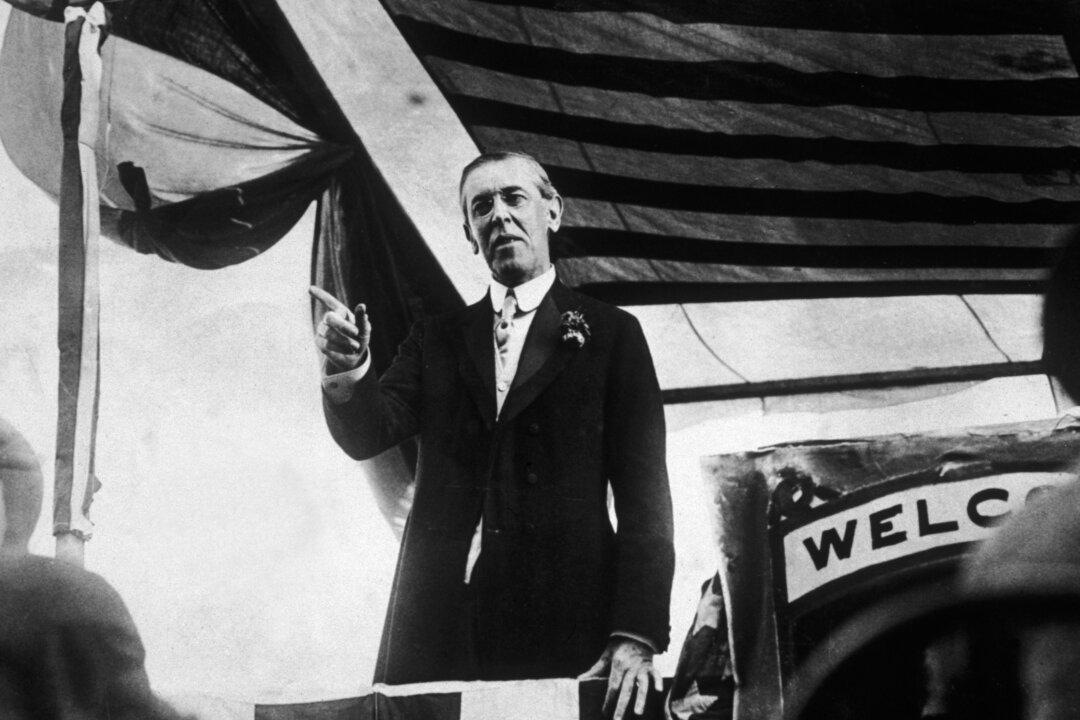Woodrow Wilson was possibly the most consequential president of the 20th century. His presidency has alternatingly been praised and condemned throughout the century since he left office in 1921. Wilson has been looked upon through an almost bipolarized lens as a man of dignity, integrity, wisdom, brilliance, pride, condescension, unconstitutional perspective, and self-destruction.
Patrick Weil, the author of the new book “The Madman in the White House: Sigmund Freud, Ambassador Bullitt, and the Lost Psychobiography of Woodrow Wilson,” focuses on a moment in Wilson’s political career that was most prominent, consequential, and destructive―to himself and, arguably, to the world.






